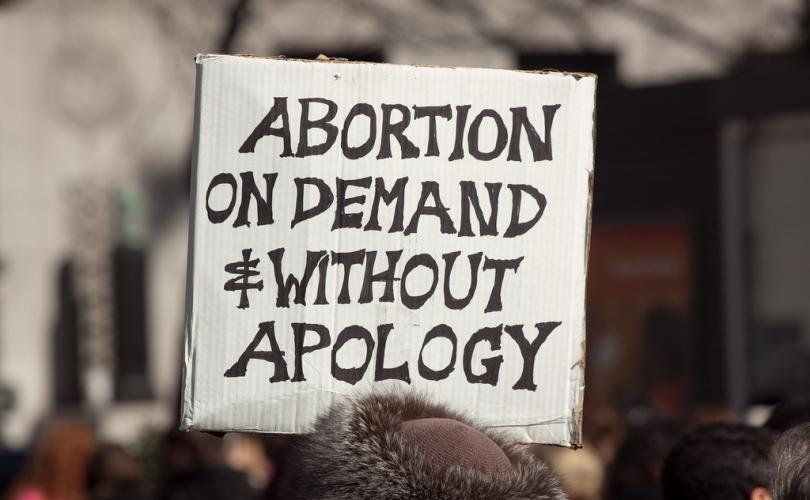Author: Author1
Data compiled by the Susan B. Anthony List and CatholicVote has found that dozens of centers have been attacked since the the early May leak ...
Inflation Hits July 4 Cookouts With Food Prices Up as Much as 36%
Overall, revelers can expect to spend 17% more on food for a barbecue, marking the biggest increase since the lobbying organization began tracking data ...
Jews in France Facing ‘Unprecedented Political Threat,’ Warns Newly-Elected Community President Yonathan Arfi
“We have never had to deal with extremist blocs which are at this level of political weight in the national assembly,” Arfi said ...
Why Democrats Oppose Emancipation For The Unborn
Today, Democrats assert that the inherent rights of women require the complete denial of the rights of the unborn ...
Biden’s Abuse Of Defense Production Act Will Drive Gas Prices Even Higher
his continued injection of climate politics into financial regulations — suggest the president’s leftist agenda takes precedent over our well-being ...
The European Union Is Again Close To Economic Meltdown
The last time Europe had a complete economic meltdown was 1933 ...
Daniel 9:26, ECB, hyperinflation, inflation, pandemic, Ukraine
Biden, G-7 Will Ban Russian Gold Imports
“The United States has imposed unprecedented costs on Putin to deny him the revenue he needs to fund his war against Ukraine ...
Nancy Pelosi disdainfully elbows Rep. Mayra Flores’s pinnafore-clad Mexican-American daughter
The occasion was the congressional swearing in of newly elected Texas Rep. Mayra Flores, who brought her two adorable daughters with her ...
Iran nuclear talks took a turn this weekend – what does it mean? – analysis
There are hints that the US and Iran will finally be in the room together, something that has not happened since the start of negotiations ...
Prophecy Today Radio Broadcast June 25-July 2
Israel's government collapses ...
‘We felt welcomed’: Francis personally meets group of ‘transgender’ individuals in papal audience
Pope Francis reportedly told Nobile, “You did well to write your story. Bravo!” ...
Texas GOP platform calls homosexuality an ‘abnormal lifestyle choice’
“We affirm God’s biblical design for marriage and sexual behavior between one biological man and one biological woman ...








